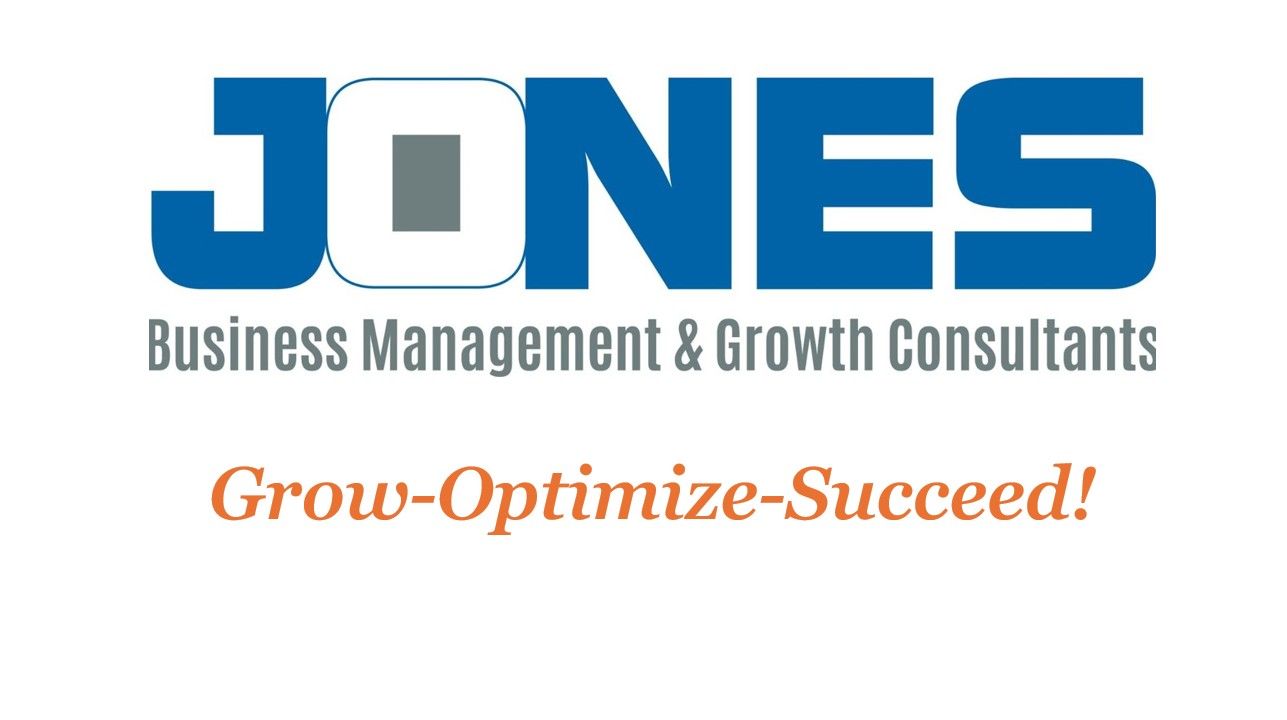
Leading Change & Growth
For Over 30 Years
Building a Bottom-Line Focused Team: Hiring for Growth and Efficiency-Part 2
Hiring for Revenue Generation: More Than Just Sales

In our first post, we introduced the concept of ensuring every employee contributes to the bottom line by either generating revenue or saving costs. Today, we’ll dive deeper into the idea of revenue generation, but with a broader focus. While many people associate revenue generation solely with sales roles, the reality is that employees across various functions—especially in service-based industries—can and do contribute directly to revenue.
In a landscaping business, for instance, the employees mowing lawns, installing plants, or building hardscapes are just as much revenue generators as the sales team. Any role that delivers a product or service to customers and completes projects efficiently contributes to the company's income. Let’s explore how to hire, evaluate, and measure the performance of these employees to ensure they’re driving your bottom line forward.
Revenue Generators Beyond Sales
Revenue generators aren’t limited to salespeople who close deals. They include any employee whose work directly impacts your ability to deliver a product or service that customers pay for. These employees create value by performing the work that brings in money, and without them, there would be no revenue.
In service industries like landscaping, HVAC, plumbing, or construction, the operators on the ground—the people who mow lawns, install equipment, or complete repairs—are vital revenue generators. Their efficiency, quality of work, and customer interactions all contribute to the company’s overall income.
Here are several key roles that typically contribute to revenue generation:
- Salespeople – Traditional revenue generators who close deals and bring in new clients or projects.
- Technicians/Operators – Employees who perform the work or service that clients are paying for, whether that’s installing systems, performing maintenance, or building structures.
- Project Managers – They ensure that work is completed on time and within budget, directly impacting the profitability of each job.
- Customer Service Reps – Employees who handle client relationships, upsell services, or retain existing clients through strong customer engagement.
What to Look for When Hiring Revenue Generators
No matter their role, employees who are responsible for generating revenue should share certain key traits. These characteristics will help ensure that they not only bring in money for the business but also do so in a way that contributes to long-term profitability and customer satisfaction.
- Efficiency and Skill
Particularly in operational roles like those in landscaping or construction, the ability to complete jobs efficiently without sacrificing quality is crucial. Employees who work quickly and effectively allow the business to take on more jobs or clients without increasing labor costs. - Customer Focus
Whether it’s a salesperson closing a deal or a technician interacting with a homeowner, employees who understand and prioritize customer satisfaction generate repeat business. Customers are more likely to return or recommend your services if they feel they’ve had a great experience. - Problem-Solving Abilities
Revenue generators must be adaptable and able to solve problems on the fly. Whether it’s addressing a client's concern, navigating unexpected issues on the job site, or making adjustments to stay on schedule, the ability to think quickly and find solutions helps protect profitability and keeps clients happy. - Team Collaboration
Revenue generation isn’t a solo effort. Employees who work well with others, communicate effectively, and collaborate to ensure the job gets done—whether that’s the sales team handing off a project to the operations team or the foreman managing the crew—are crucial to maintaining a smooth, profitable workflow.
Metrics for Measuring Revenue-Generating Performance
Just as with traditional sales roles, it’s important to track the performance of all employees who contribute to revenue, not just the ones closing deals. Here are some key metrics to measure the effectiveness of your revenue-generating team, whether they are selling, installing, or servicing customers.
- Revenue per Employee
How much revenue does each employee generate? In sales, this might be measured by deals closed. For technicians or operators, it’s how many jobs or projects they complete, how many hours they bill, or the total value of the projects they handle. - Job Completion Time and Efficiency
For operational staff, the speed and efficiency with which they complete jobs is a key performance indicator. Employees who can complete more jobs without sacrificing quality are contributing directly to increased revenue. - Customer Satisfaction and Retention
Revenue isn’t just about new sales—it’s also about keeping customers coming back. Employees who build strong customer relationships or deliver excellent service contribute to customer retention, which directly affects long-term profitability. - Upselling and Cross-Selling Opportunities
Technicians and customer service representatives often have opportunities to upsell additional services while on the job or during customer interactions. Measuring how often these employees convert existing clients into higher-value customers is an important revenue metric.
Avoiding Common Pitfalls in Hiring Revenue Generators
While revenue-generating roles are essential, there are some common pitfalls to avoid when hiring for these positions:
- Focusing Solely on Technical Skill
In service roles like landscaping or HVAC, it’s easy to focus only on technical skill. But remember, soft skills like communication and problem-solving are just as important. An employee who does excellent work but can’t communicate with clients or teammates may cause friction that affects profitability. - Overlooking Cultural Fit
Just like salespeople, operators and technicians need to fit into the company culture. An employee who doesn’t align with your company’s values, or who has a negative attitude, can harm customer relationships and teamwork, ultimately affecting revenue. - Underestimating Training Needs
Don’t assume that a skilled operator or technician doesn’t need training in your company’s specific processes. Proper onboarding and ongoing training ensure that they’re working efficiently and in line with company standards, maximizing their contribution to revenue.
Conclusion
Hiring revenue generators is about more than just building a sales team. In service industries, your operators, technicians, and customer service reps all play crucial roles in driving revenue. By focusing on efficiency, customer satisfaction, and measurable performance, you can build a team that consistently adds to your bottom line.
In the next post, we’ll focus on hiring for efficiency and cost savings, diving into the roles that help improve your profitability by cutting waste and streamlining operations.
#BusinessGrowth #EmployeeHiring #BottomLine #RevenueGeneration #CostSavings #TeamBuilding #ServiceIndustry #BusinessProfitability #Leadership #HiringStrategy
















Mon-Fri: 9:00 AM - 5:00 PM
Sat-Sun: CLOSED